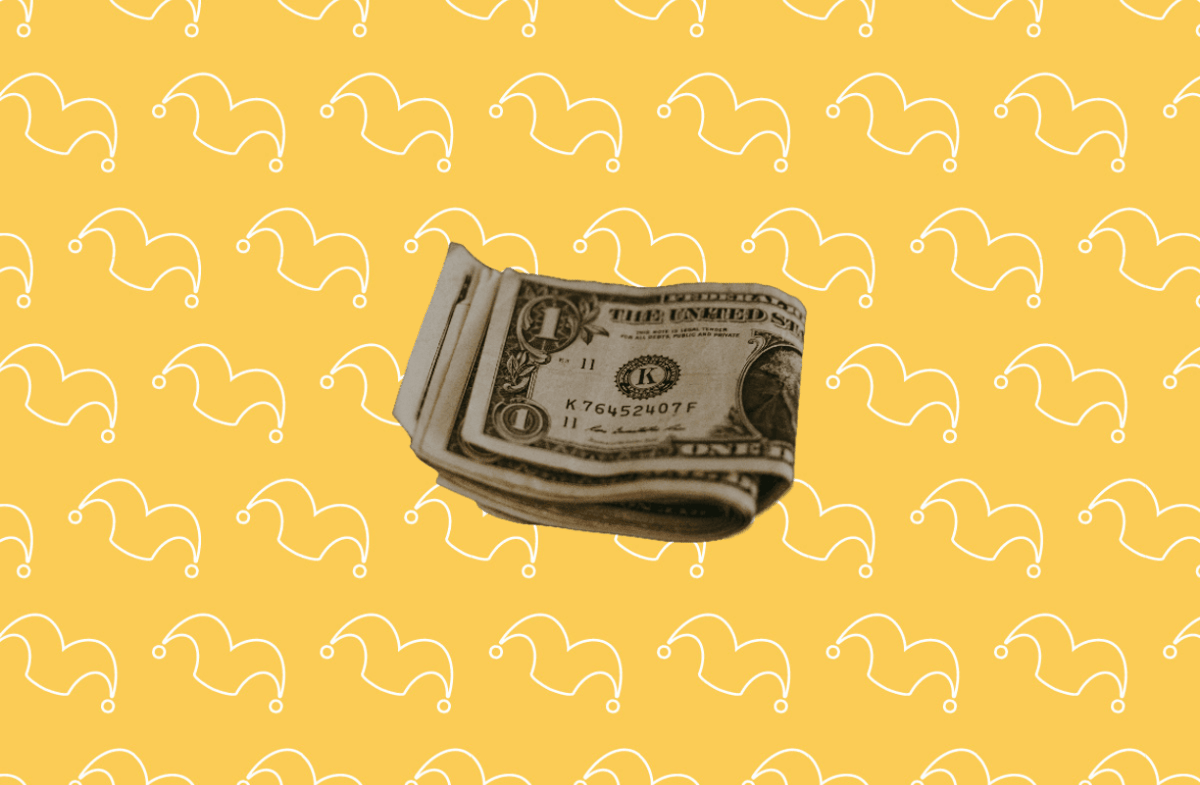Choosing Between a Certificate of Deposit and a High-Yield Savings Account for Your Tax Refund

Should You Put Your Tax Refund Into a CD This Year?
Putting your tax refund into a CD could help you grow your wealth, but it's not right for everyone. Here's what you need to know.
How does a CD work?
CDs are a type of savings account that many banks and credit unions offer. They tend to offer high annual percentage yields (APYs), sometimes even higher than what you can find with high-yield savings accounts. However, accessing your money early can result in penalties.
Is a CD the right home for your tax refund?
- A CD might not be suitable if you need immediate access to your funds. In such cases, a high-yield savings account could be a better choice.
- For those looking to invest their refund, current high CD rates make it an attractive option for long-term growth.
What type of CD is best for you?
Short-term CDs offer competitive rates while long-term CDs provide higher returns. Consider market conditions and inflation rates when deciding between the two options.
Ultimately, comparing the potential returns of a CD and a high-yield savings account can help you make an informed decision on maximizing your tax refund.
This article was prepared using information from open sources in accordance with the principles of Ethical Policy. The editorial team is not responsible for absolute accuracy, as it relies on data from the sources referenced.